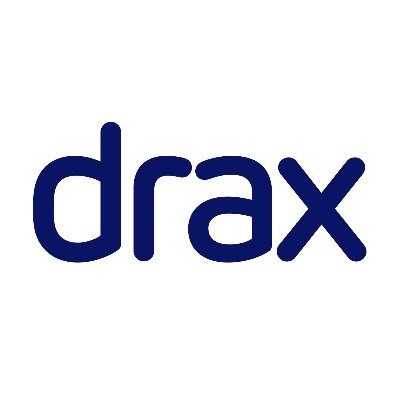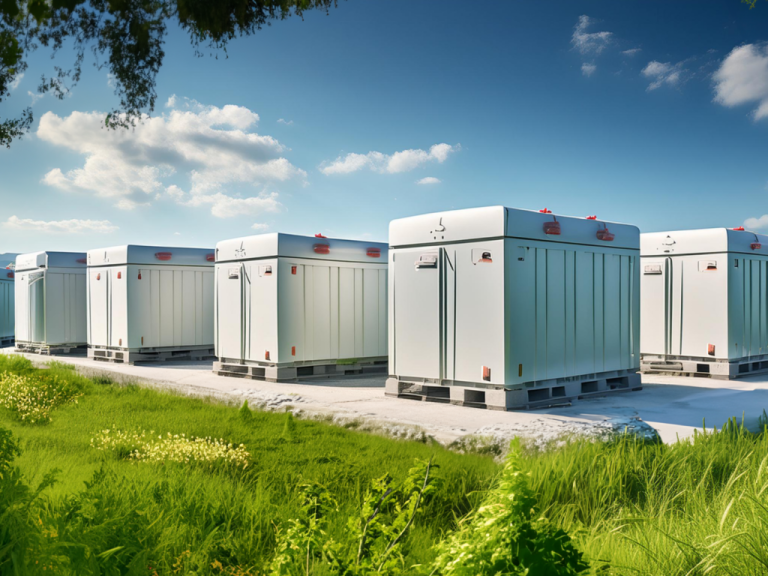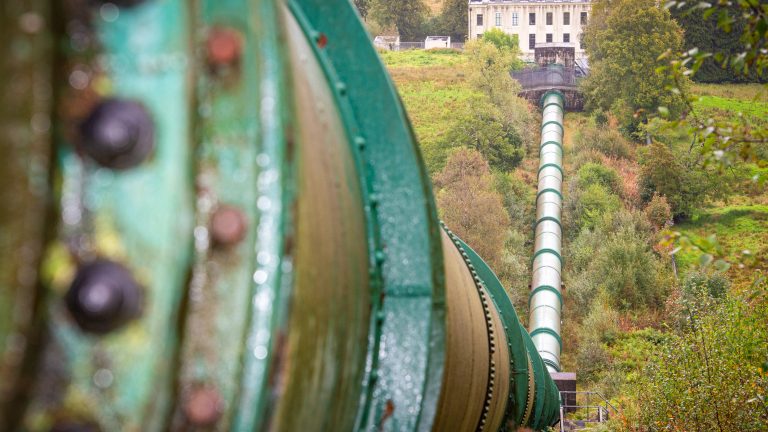A quiet wave of influence is gathering around Drax, a public power firm known for bioenergy and carbon removal. Yet it’s their philanthropic arm, the Drax Foundation, that’s drawing a subtle but strategic spotlight this June. A modest headline, £1.43 million allocated to community initiatives—actually conceals a global push with local ripple effects that may signal wider long‑term value for shareholders.
Beneath the surface of the announcement lies a targeted pattern: investments cut across a spectrum of issues critical to societal and environmental stability. From boosting STEM education to fostering biodiversity projects and tackling fuel poverty, Drax is aligning its charity efforts with themes deeply entwined with its core business. That matters. For investors, it suggests more than benevolence, it’s corporate strategy at work, crafting social and ecological licence to operate in the energy transition era.
Consider the impact metrics from the first half of 2025: over 20,000 children reached with STEM education, more than 24,000 people engaged through nature‑based learning, and 400 households receiving help with energy access in vulnerable regions like the UK, US, and Canada. These aren’t just PR numbers, they reflect grassroots familiarity with Drax’s brand and values among future workforce cohorts and local communities. The Foundation’s efforts create early-stage brand equity and community goodwill that often translate into smoother project execution, regulatory trust, and spill‑over into stakeholder sentiment.
The geography of these initiatives is no accident. STEM education in rural Canadian towns echoes Drax’s investment in sustainable biomass supply chains there. Biodiversity efforts involving First Nations communities signal an understanding that ecological sustainability, beyond carbon accounting, matters where Drax sources its feedstock. And in the UK, helping vulnerable households access energy links directly to Drax’s core mission as an energy supplier navigating affordability and decarbonisation pressures. These threads weave into each other, reinforcing the narrative that Drax isn’t just a power company, it’s a community partner.
Strategically, this deployment of £1.43 million dovetails with larger-scale programmes. The Foundation’s funding last year totalled £3.6 million and touched nearly 100,000 individuals. That consistency suggests disciplined capital allocation beyond headline-grabbing grants. Instead, the strategy appears geared towards embedding Drax’s reputation in strategic communities, reinforcing regulatory relationships and social licensing—critical factors as Drax scales up carbon removal and BECCS (bioenergy with carbon capture and storage) capabilities.
For long-term investors, several layers of relevance emerge. First, this philanthropic posture may preempt reputational risk, showcasing that Drax operates with broader stakeholder responsibility, even as debates over biomass sustainability and decarbonisation policies intensify. Second, it offers soft insulation in case of regulatory or environmental backlash. Third, it’s a talent-pipeline investment, nurturing future engineers, scientists and technicians through STEM outreach, an indirect hedge against skill shortages.
Now, critics may call £1.43 million modest for a company of Drax’s scale. But framing is key. When an energy company’s charitable foundation touches tens of thousands, cultivates biodiversity partnerships and assists households in vulnerable energy markets, it’s laying down a foundation for broader influence, without ostentatious headlines. This disciplined, strategic, quietly impactful approach may be a sign of managerial finesse, not philanthropy for its own sake.
As Drax advances its carbon removal ambitions and expands its renewables footprint, these community ties become strategic assets. They strengthen the social fabric around each operational node, reducing friction, improving legitimacy, and potentially smoothing the path for investment, permitting and government collaboration. For investors, the Foundation’s role becomes an extension of ESG policy—not a sideline, but an embedded strand of operational planning.
Drax Foundation channels investment into STEM, biodiversity and energy access in communities where Drax operates. It supports education, sustainability and affordability, all aligned with business goals and reducing reputational or regulatory friction.
Drax Group plc (LON:DRX), trading as Drax, is a power generation business. The principal downstream enterprises are based in the UK and include Drax Power Limited, which runs the biomass fuelled Drax power station, near Selby in North Yorkshire.







































